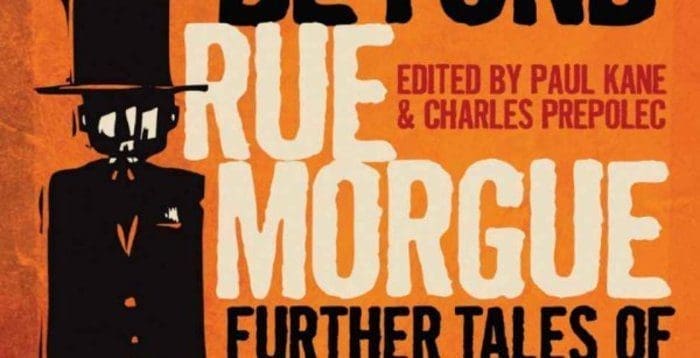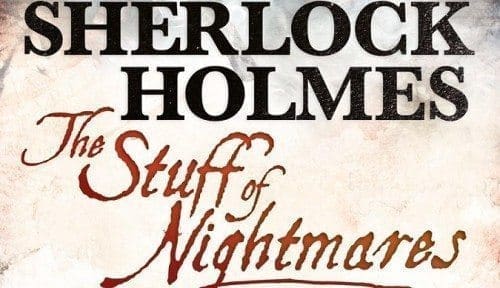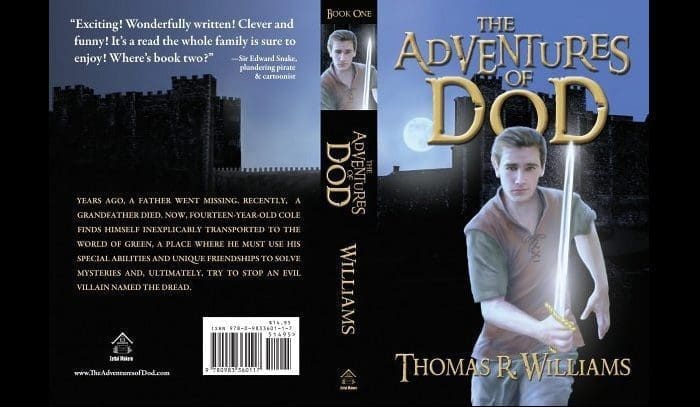Beyond Rue Morgue: Further Tales of Edgar Allen Poe’s 1st Detective is a collective in the familiarity of the aforementioned pastiches, but applied to the often-forgotten French detective. A rag-tag team of authors joined and share their viewpoints of the detective, as well as a short introduction on Poe and Dupin’s background. It also has a short by Poe, Murders in the Rue Morgue, and a sequel to said story near the end.
The short by Poe was included as the first story, which I found a nice touch of choice– warm new fans up with the smooth, macabre tales that only the original can portray. It gives old readers a refresher in the short series which Edgar Allen Poe wrote and new readers a sense of scenery for the omnibus which they have jut bought. For critics, it gives a bench mark: a standard for the authors to set, a hoop for them to jump through or else fail miserably.
What followed? A grab bag of sorts– besides the given mystery genre, each story held another twist to it different from the rest. Be it Western or science-fiction, this book has it and pulls the switches off, more or less, valiantly.
Let’s start with the good ones, because when I speak of the good in this book, it’s remarkable. My personal favorite came in a story titled “The Gruesome Affair of the Electric-Blue Lightning” by Joe Landsdale. Being a fan of the Victorian styled horror (meaning Frankenstein, Dr Jekyll, and the like), I had absolutely no qualms with this story. The author’s voice, the sheer reality of his characters contrasted against his fantastical story, gave me the chills up and down. A tad gory, but as long as you’ve got a strong stomach or a weak imagination, you’ll lie it through.
But this was not the only tale to receive high marks. As far as sticking to the pacing and set of a Dupin story went, the award goes to “The Unfathomable Darkness”. Though “The Sons of Tammy” claimed to set itself in the 1890’s, it read to me as the classic 1930’s gumshoe story, which kept me in arms because of his intriguing perspective of Dupin– the first pages read him as a dumpy detective, but trek on! Once the boiler gets hot, the author writes a character reminiscent of the original.
Above all, this I found fascinating: the authors found a way to take an increment of the Chevalier as well as Poe’s writing and make it their own– conceptualizing the stories as well as giving them a flair of originality. I found myself flipping through the pages, constantly murmuring, “They have captured the spirit, definitely”, although as a whole, the stories read vastly different.
Except for the murmuring part. I don’t actually murmur to my books… but, uhm, internally… I…
Are you ready for the critiquing bit, now that the praise lathered itself on so well?
Right, then. As is the case with multiple writers involved, it’s bound to have sour parts. Intriguingly, I found that the instance Dupin’s descendants or relatives involved themselves in the plot, the quality mucked up. Examples? Two. “The Weight of a Dead Man” and “From Darkness, Emerged, Returned”. The first was not necessarily bad, per se, but certainly not original– I felt as if he had plagiarized a scene from Generic Western Movie, pasted the title of “Dupin’s Grandson” on the front, and sent it in to the publishers in time for a day on the beach.
The second, however, actually belonged in the trash. Let’s not delve farther than that.
Besides these… discrepancies, the only story I found legitimately repulsive was the final: “New Murders in the Rue Morgue”. When I first came upon the title, it had seemed a decent way to wrap the anthology up– a return to the short that Poe had written so expertly. However, it warped into something– ghastly. Not in the macabre way of the original but genuinely repulsive. Perhaps I’m alone in this mindset, but judging by a few other reviews I have read on this particular story, it is a shared feeling. Please. For the sake of your sanctity. Skip it.
Beyond Rue Morgue did, however, succeed in its homage to Dupin and his legendary writer– disregarding the finale. It staved from the Sherlockian mindset(with disregard to the pastiche that featured the detective as a mentor to Poe in Paris) and gave the world more of the detective that tends to live in the shadow of the modern detective. Bravo, then, for the majority.
[SlideDeck2 id=9535]
Anneka Winder is a writer, among other things. When she is not getting carpal tunnel syndrome from excessive writing, she is usually reading. You can track her strange and sometimes incoherent ramblings here: http://renegadebard.webs.com/






























